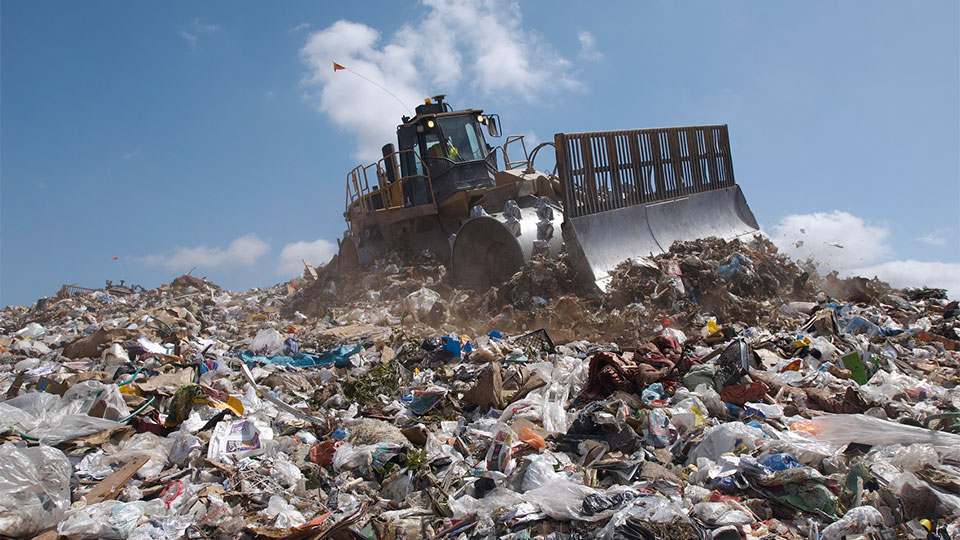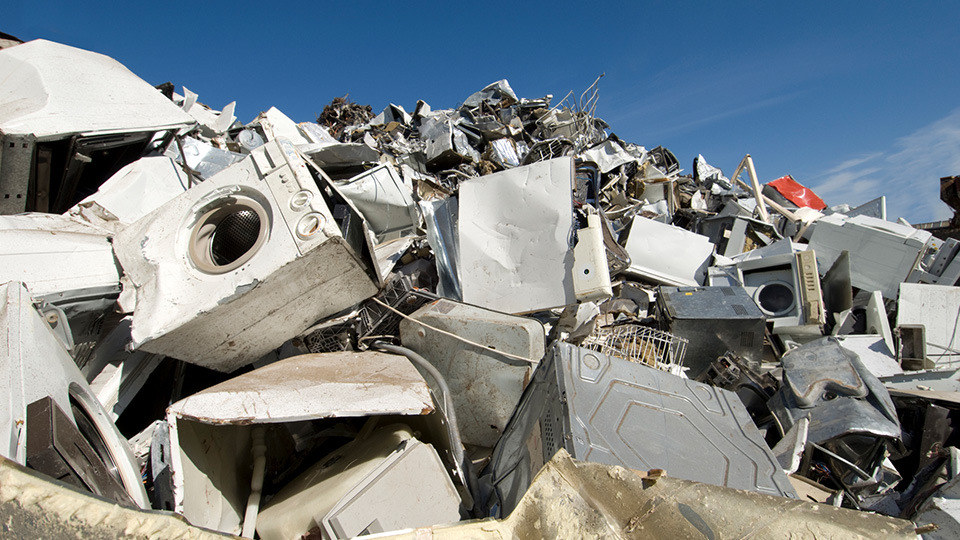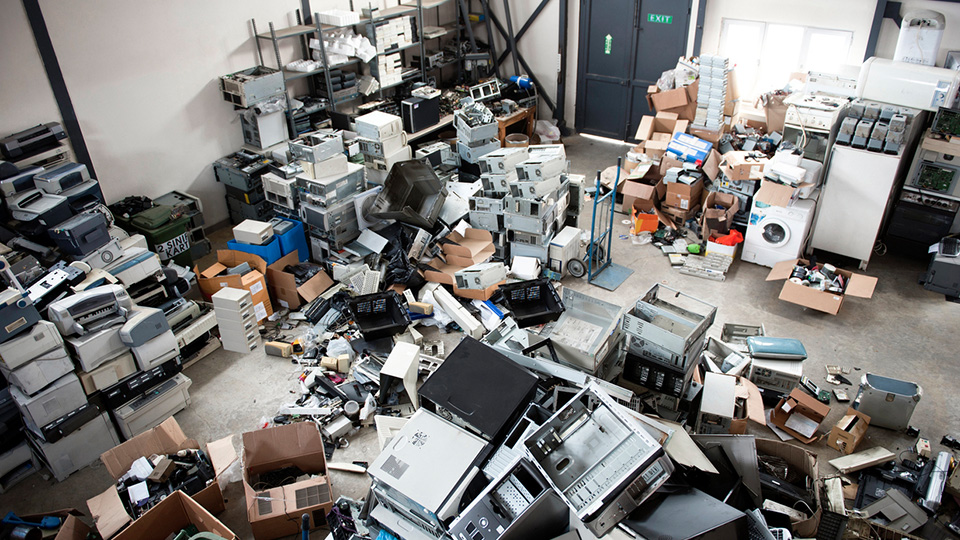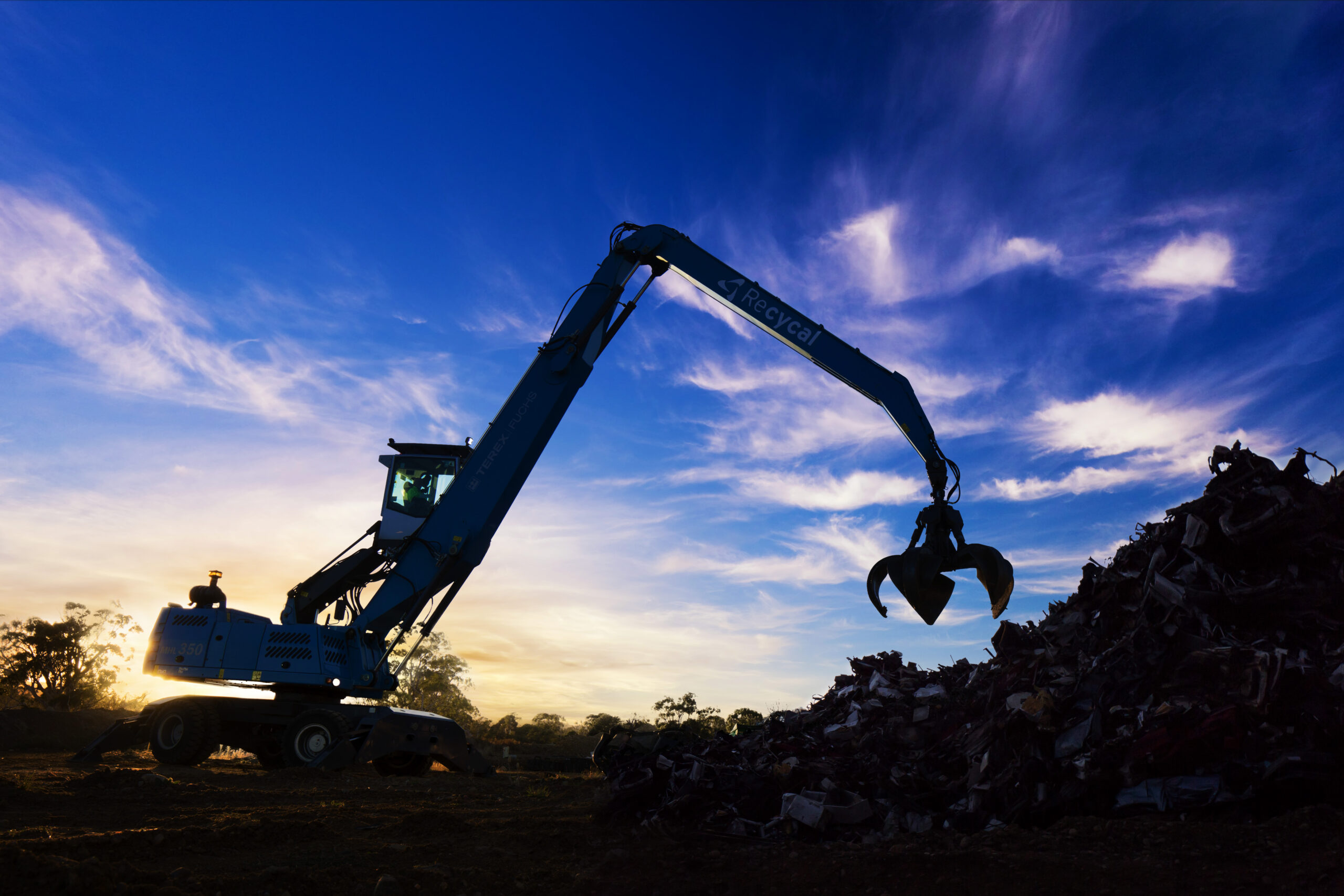Keeping us healthy and treating us when we are sick requires a wide range of different types of medical equipment.
So, is broken medical equipment recyclable?
It all depends on the specifics – the nature of the equipment, how much of it there is, and whether it contains hazardous materials or components.
Why recycle?
There are two main reasons to recycle broken medical equipment.
The first is to extract any hazardous materials to prevent them being released into the environment.
Examples are mercury-containing items such as thermometers and sphygmomanometers. These can contain quite large amounts of mercury which, when disposed of in landfill, becomes a significant source of mercury pollution.
The second major reason to recycle is to recover valuable and exhaustible resources.
These include steel, copper, gold and some plastics.
In a world growing ever hungrier for resources, recycling will become an increasingly important source of many materials.
Refining the list
What broken medical equipment and associated items should you be looking to recycle?
Ecocycle is a specialist recycler specifically equipped to undertake all steps of the mercury recycling process.
We can recycle all types of mercury-containing medical equipment.
We also recycle a wide range of everyday items (some of which contain mercury) that all medical facilities rely on, including:
- Thermometers
- Sphygmomanometers
- Oesophageal dilators
- Fluorescent lighting
- Other types of lighting
- Computers and monitors
- Mobile phones
- TVs
- Batteries
- X-ray films.
Out of the ordinary
If you have broken medical equipment that doesn’t fit this list, give us a call anyway.
If we can’t develop a custom recycling solution just for you, we may be able to refer you to another company that can.
The medical sector is full of passionate people committed to delivering positive health outcomes and promoting wellbeing. It’s the same with Ecocycle. Working together, we can foster good health by maintaining a cleaner environment.
To find out more about the safe recycling of your medical equipment, call us on 1300 32 62 92 and speak to one of our experts. Or fill out the form below, and we’ll be in touch.






